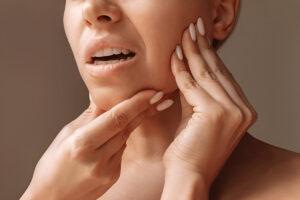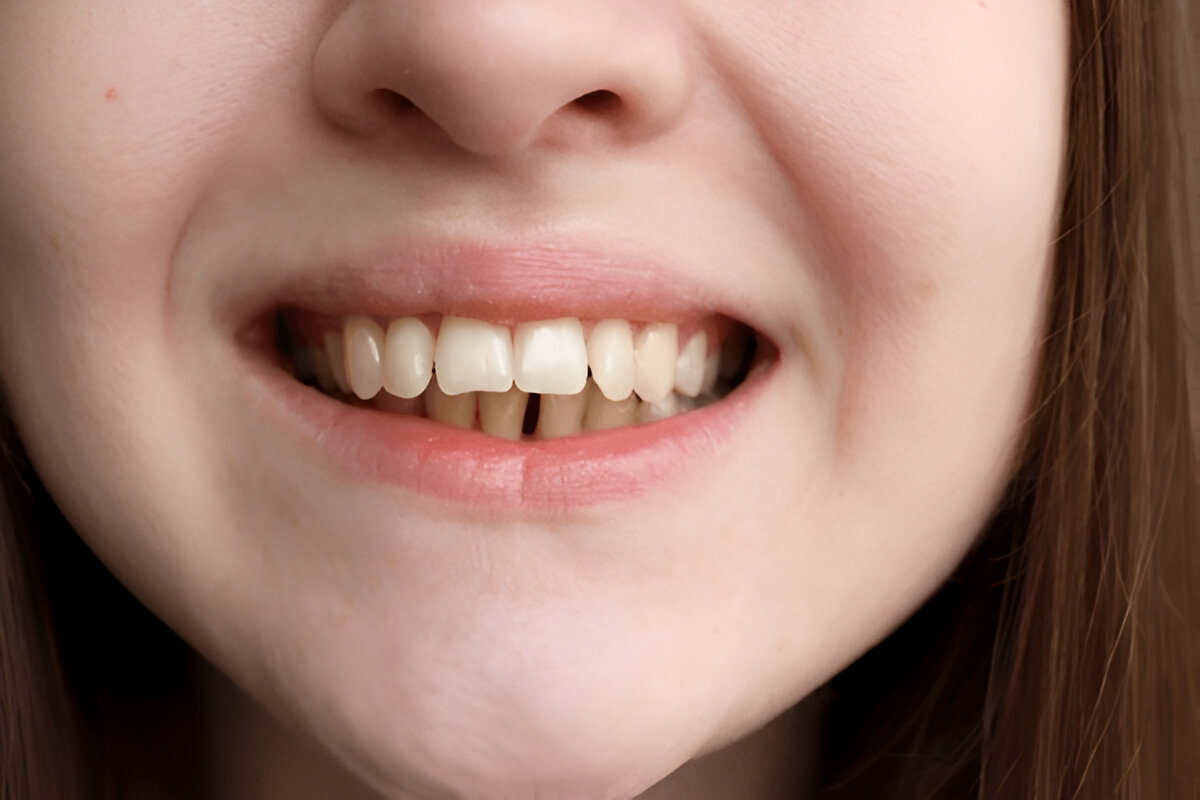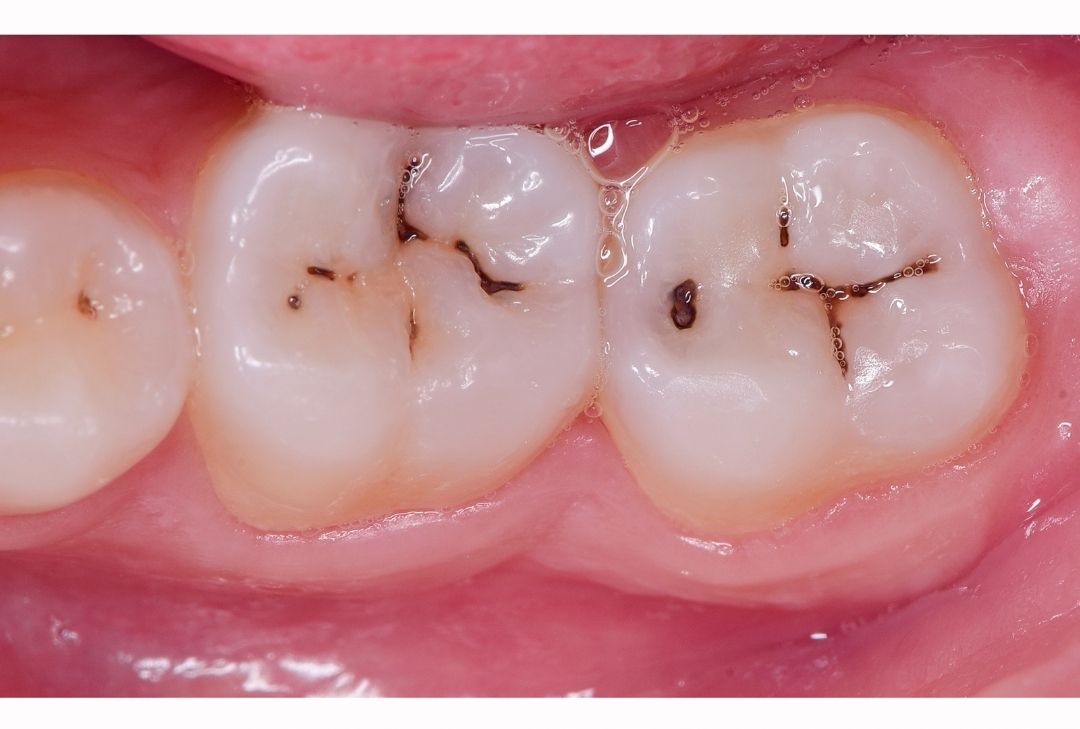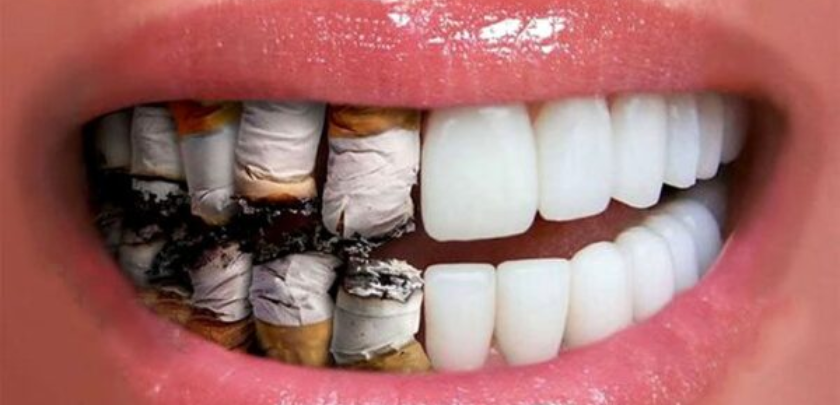How Your Bite Affects Your Posture: What Albanian Dentists Know About Occlusion
Have you ever dealt with stubborn neck pain, tension in your shoulders, or headaches that just won’t go away—no matter how many massages or posture exercises you try? Maybe you’ve felt slightly off balance when you walk or stand, or noticed your jaw clicking or feeling tight without a clear reason. These discomforts often become part of everyday life, easy to blame on stress, poor sleep, or too much screen time. But what if the real issue wasn’t muscular or postural at all? What if it started with something far more overlooked—your bite?
When most people think about dental health, they picture cavities, teeth whitening, or straightening a smile. Rarely do they consider how the way their teeth come together might impact their entire body. Yet the alignment of your bite plays a crucial role in your overall posture, balance, and even spinal health. It’s a connection that’s often missed—but once you understand it, everything starts to make sense.
Understanding the Bite–Body Connection
What Is Occlusion and Why It Matters
Occlusion refers to the way your upper and lower teeth meet when your mouth is closed. Ideally, this contact should be balanced and evenly distributed, allowing your jaw to move naturally and without strain. But when the alignment is off—even slightly—it can lead to significant stress on your jaw muscles, joints, and surrounding tissues. Proper occlusion is essential not only for chewing and speaking but also for supporting the alignment of your entire craniofacial system. It’s more than just a dental detail; it’s the foundation of functional harmony between your mouth and body.
How a Misaligned Bite Affects More Than Just Your Mouth
Many people think of dental issues as purely oral—affecting teeth, gums, and maybe the jaw. But a misaligned bite can trigger a ripple effect throughout the body. When the bite is uneven, your jaw muscles have to overcompensate to function, which can lead to tightness, fatigue, and even inflammation in the head, neck, and shoulders. Over time, this muscular imbalance can shift your head posture forward or sideways, putting strain on the cervical spine and ultimately distorting your natural posture. What begins in the mouth can lead to chronic tension, discomfort, and physical imbalance far beyond the jaw.
Symptoms You Might Be Ignoring
Do you find yourself waking up with tightness in your jaw or neck? Maybe you’ve experienced headaches that come and go, shoulder tension that never fully disappears, or a clicking sound when you chew or yawn. These might seem like minor nuisances, but they’re often subtle clues pointing to a deeper problem with your bite alignment. Because the symptoms of a bite imbalance are so commonly attributed to stress or lifestyle habits, they often go untreated for years. Yet many patients who address their occlusion report significant relief—sometimes even after a single adjustment. If you’ve been chasing answers without results, it might be time to look inside your mouth for the missing link.
How Your Body Compensates for Bite Misalignment
The Chain Reaction from Jaw to Spine
Your jaw (mandible) is more than a tool for chewing—it’s the top link in a chain that extends through your neck and spine. When your bite is misaligned, it forces certain muscles around the jaw and neck to overwork just to maintain balance. This imbalance often triggers adjustments in head and neck positioning. Scientific studies using advanced optical systems (like Diers Formetric 4D) show that even minor changes—such as biting on a dental block—can immediately shift spinal posture, affecting both the cervical (neck) and lumbar (lower back) regions In one study, simulated bite alterations led to clinically significant deviations in spine alignment—specifically vertical shifts and curvature changes—indicating that the body instinctively compensates for oral misalignment .

Posture, Balance, and Body Strain: What Really Happens
Once your jaw alignment is off, the effects cascade. The head may tilt forward or to one side—what experts call forward head posture—which increases the load on your cervical spine and leads to neck pain and headache. As your body continues compensating, you might develop uneven shoulders, a tilted pelvis, or a curved spine (scoliosis-like changes). The connection goes even deeper: occlusal imbalance can influence muscle tone from your jaw all the way down to your hip stabilizers, affecting gait, athletic performance, and overall balance . Laboratory research also reveals that clenching affects spinal stability—reducing flexibility and altering alignment—which further shows the bite’s silent but pervasive impact on how your body holds itself.
In short, your bite isn’t just about teeth—it’s a fundamental piece of your body’s structural integrity. Understanding this link helps explain why traditional therapies may fail to bring relief: the root cause sits right up in your jaw, yet manifests throughout your entire posture.
Conclusion: How Your Bite Affects Your Posture
If you’ve been living with persistent tension, posture issues, or unexplained discomfort, it may be time to look beyond the usual causes and consider your bite. With the help of advanced diagnostic tools like digital occlusion analysis, TMJ scans, and posture assessments, a skilled dentist can evaluate whether your bite is contributing to your symptoms. In Albania, modern dental clinics are leading the way in combining high-level technology with a holistic, patient-centered approach. Whether you’re dealing with chronic pain or simply want to optimize your overall well-being, the right bite correction could make all the difference. Book a consultation today and take the first step toward realignment—from your teeth to your spine.



















